Art attacks are on the rise the world over. They are becoming a popular form of protest. The latest victim is the Mona Lisa. The demonstration comes in the backdrop of the escalating farmers’ stir in France. Yes, the two are linked.
On Sunday, two French environment activists threw soup at the Mona Lisa painting at the Louvre in Paris, calling for “healthy and sustainable” food. The attack on the Leonardo da Vinci masterpiece comes amid ongoing protests in France led by farmers.
We take a look at how the Louvre incident is linked to the farmers’ protest in France and why agricultural workers are raising their voices across Europe.
Why was soup hurled at the Mona Lisa?
The two activists threw yellow soup on the Mona Lisa leaving gallery visitors shocked. The painting, which is behind bulletproof glass, was undamaged.
In a video, the two protesters are seen shouting in French, “What’s the most important thing? Art, or right to healthy and sustainable food? Our farming system is sick. Our farmers are dying at work.”
ALERTE - Des militantes pour le climat jettent de la soupe sur le tableau de La Joconde au musée du Louvre. @CLPRESSFR pic.twitter.com/Aa7gavRRc4
— CLPRESS / Agence de presse (@CLPRESSFR) January 28, 2024
Quick Reads
View AllAfter hurling the soup, the two activists ducked under the barrier surrounding the artwork. They unzipped their coats to reveal the name of the civil resistance climate activist group Riposte Alimentaire, which translates to “food response,” on their T-shirt.
The duo raised one hand each and called for “healthy and sustainable” food in French, according to English translations of the video.
Also read: Mona Lisa is not alone: How attacks on artworks have become a popular form of protest
The staff at the Louvre pressed into action, quick to erect black cloth screens around the painting and the protesters. Paris police said that the two people were arrested.
Riposte Alimentaire is part of the A22 umbrella movement of protest groups in 12 countries, which also includes Just Stop Oil. In a statement sent to news agency AFP, it said the soup throwing marked the “start of a campaign of civil resistance with the clear demand … of the social security of sustainable food”.
How is the Mona Lisa attack linked to the farmers’ protest in France?
French farmers have been protesting for days demanding better pay, taxes and regulations. Upset with environmental policies, they say the regulations are hurting their bottom lines and rendering them unable to compete with less stringent neighbours.
Angry French farmers have been using their tractors for days to set up road blockades and slow traffic across France as they seek better remuneration for their produce, less red tape and protection against cheap imports, according to a report by The Associated Press (AP).
Others are pointing to bigger issues including the rising cost of farm diesel, late payment of European Union subsidies, or competition from imports.
The protests in France are likely to escalate creating a crisis for the newly appointed Prime Minister Gabriel Attal. He travelled to a farm in the southwest to offer a few measures last week to placate farmers. But the anger continues to simmer.
Now the action has moved to Paris. Farmers plan to step up their pressure campaign by establishing eight chokepoints along the major arteries to the capital on Monday.
How has the French government reacted?
The French government has been trying to curb the anger among agricultural workers ahead of the European Parliament elections, which are seen as a big test for Emmanuel Macron’s government.
As the stir spreads to Paris, the government plans to mobilise 15,000 police and paramilitary gendarmes in response, with the forces told to show “moderation”, reports France24.
“We don’t intend to allow government buildings, or tax collection buildings, or grocery stores to be damaged or trucks transporting foreign produce to be stopped. Obviously, that is unacceptable,” French interior minister Gerald Darmanin said ahead of the planned siege.
He said that President Macron had instructed the security operation to ensure both Roissy-Charles de Gaulle Airport to the north and Orly to the south remain open, and the Rungis international wholesale food market south of Paris continues to operate. Police and gendarmes are also under orders to prevent any incursion into Paris itself, said Darmanin.
Meanwhile, the government has offered to ease “certain technical procedures and the progressive end to diesel fuel taxes for farm vehicles”, reports AP.
On his visit to a farm recently, French PM Attal acknowledged that the farmers are in a difficult position because “on the one side we say ‘we need quality’ and on the other side ‘we want ever-lower prices’”. He said that the government is considering “additional” measures against what he called “unfair competition” from other countries that have different production rules and are importing food to the country.
France is the European Union’s biggest agricultural producer. The protests in the country are a spillover from the neighbouring nations – Germany and the Netherlands.
Also read: Why Germany's farmers have taken over its roads
Why are farmers protesting across Europe?
Farmers have been protesting across Europe.
Dutch farmers took to the streets over a decision to slash the country’s cattle breeding industry. The demonstrations against the government’s demand to half livestock production to reduce nitrogen oxide emissions first started in 2019.
German farmers were angry over reductions to subsidies on agricultural diesel, which they say could lead to bankruptcy.
Protests in both countries are related to regulations imposed by the EU as part of its Green Deal to drastically reduce carbon emissions, according to a report on Radio France Internationale (RFI).
The EU agricultural resolutions have led to discontent. Farmers have often entered Brussels, which houses the European Parliament, to spray buildings with milk or fill the streets with cattle in protest, reports the BBC.
After Russia invaded Ukraine, the EU temporarily lifted restrictions on imports from Ukraine and its farm produce made its way to the European markets. Prices in Hungary, Poland and Romania fell and local farmers were unable to sell their produce.
The EU imposed trade restrictions on Ukrainian exports to its neighbours for a limited period and after that governments announced their restrictions. Countries in Eastern Europe are now demanding the EU definitively revises its trade liberalisation measures with Ukraine, according to the BBC.
In Romania, Poland, Hungary and Slovakia, farmers have been protesting against Ukrainian imports.
There is speculation that farmers in Italy and Spain will soon hold their own protests. They are unaffected by the Russia-Ukraine war but the governments might consider restrictions on the use of water in some regions because of drought.
“We’re on our knees, the drought has halved our harvest,” farmer Giuseppe Gulli, who joined a protest in Sicily, told Rai News. He also accused the EU of helping “big corporations”, the BBC reports.
With inputs from agencies


)
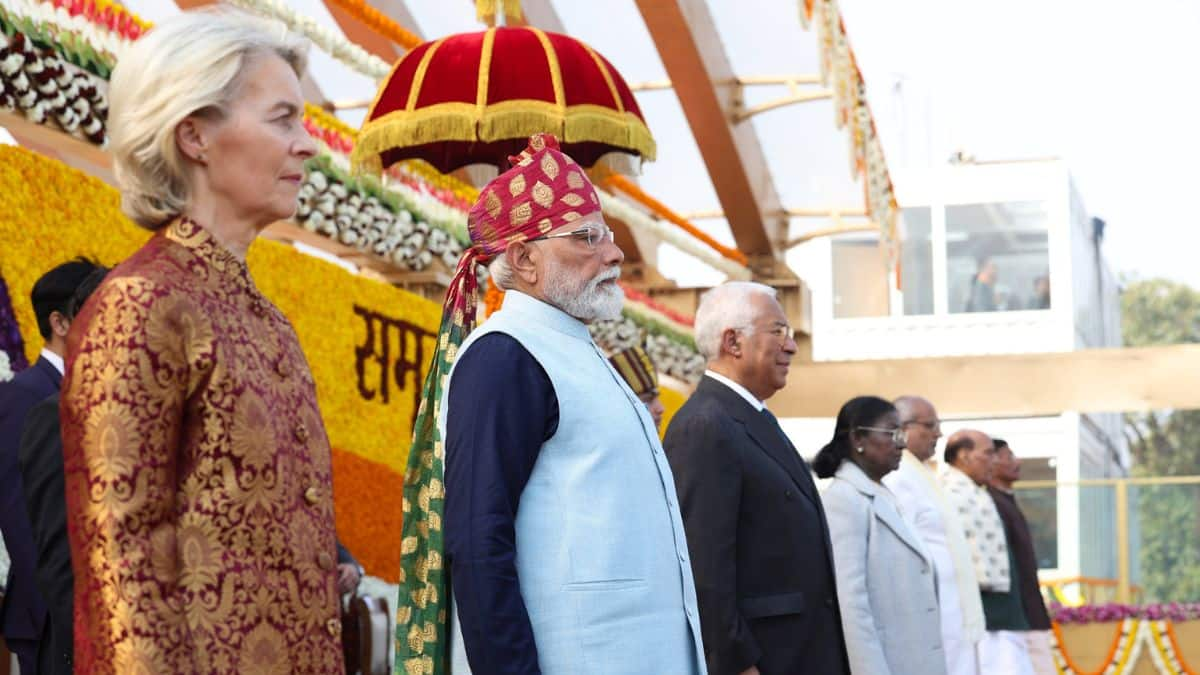
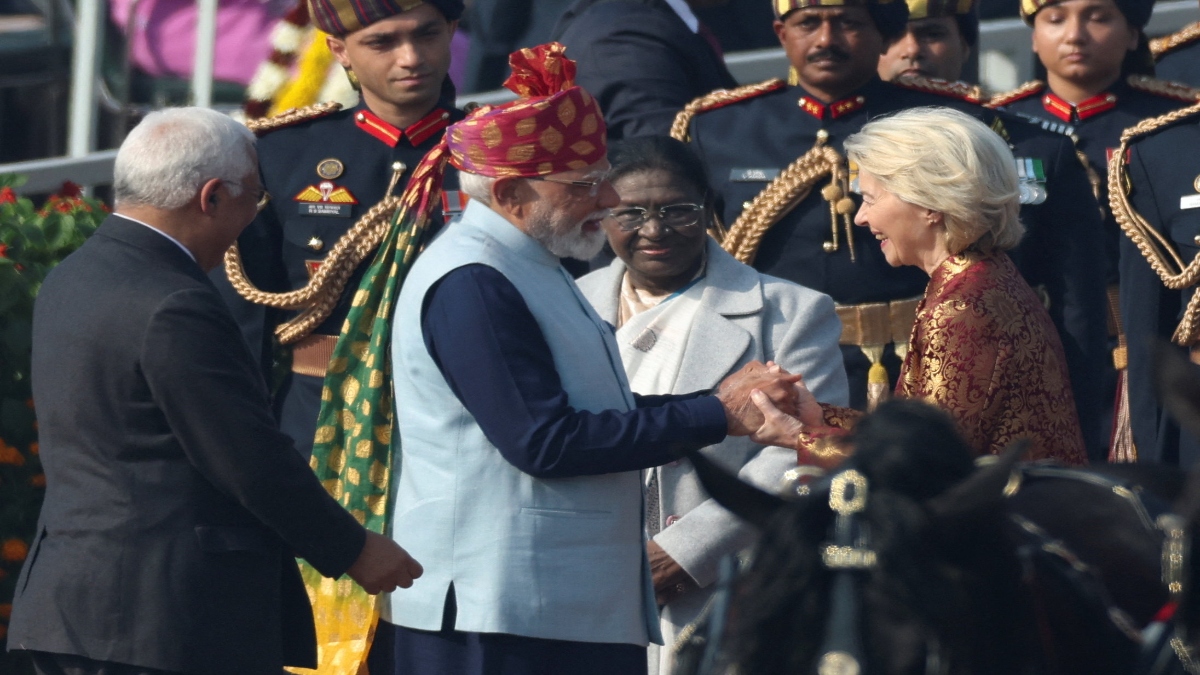)
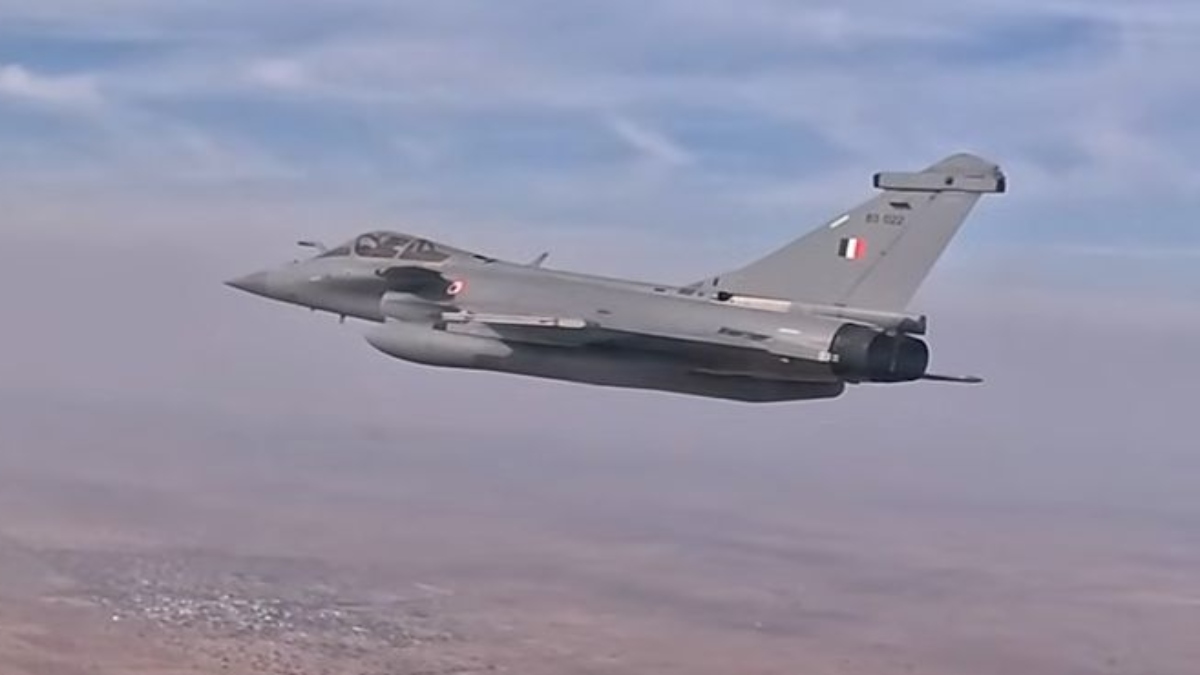)
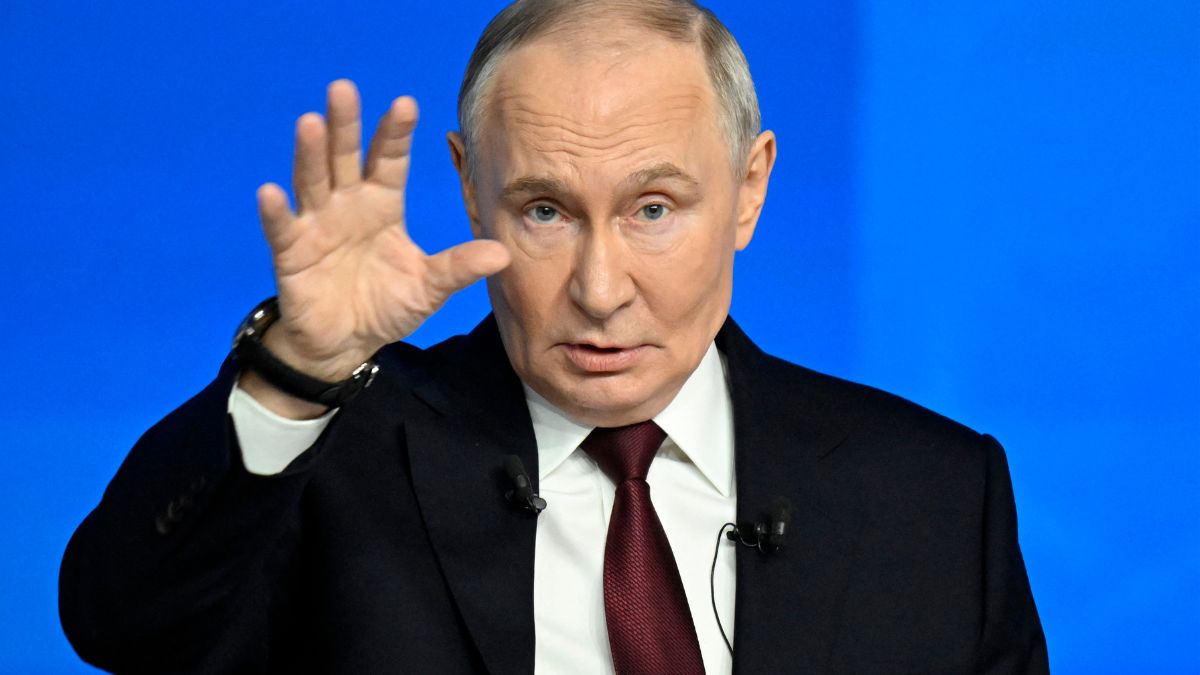)
)
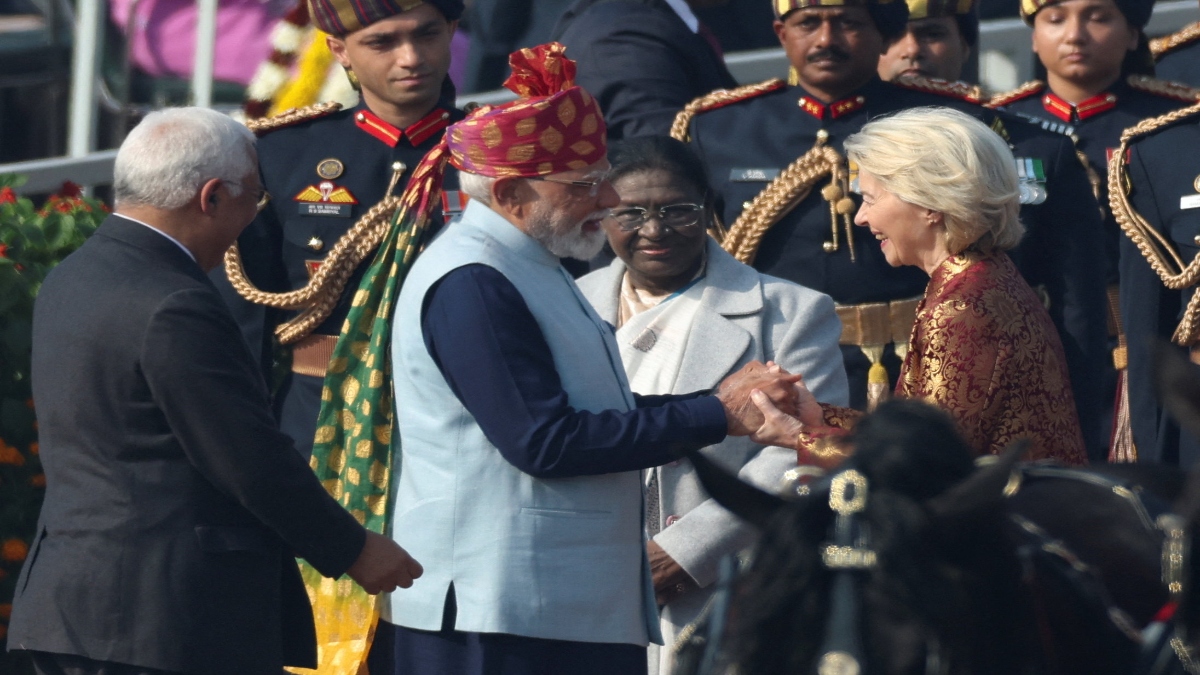)
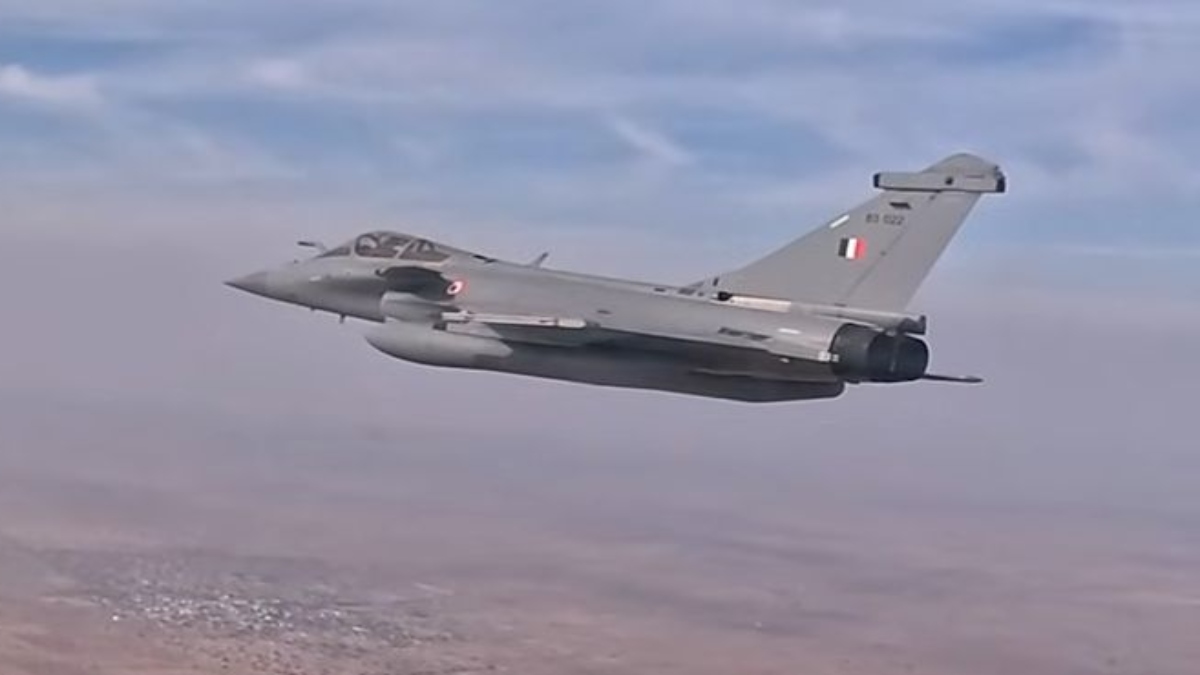)
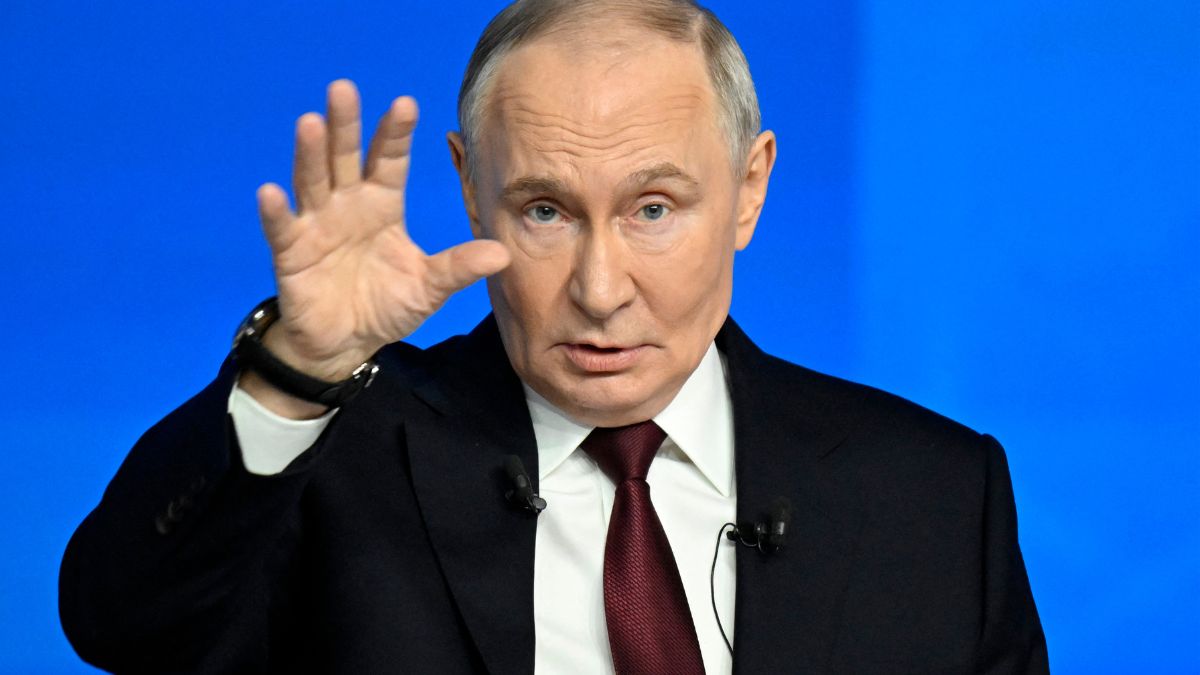)
)



